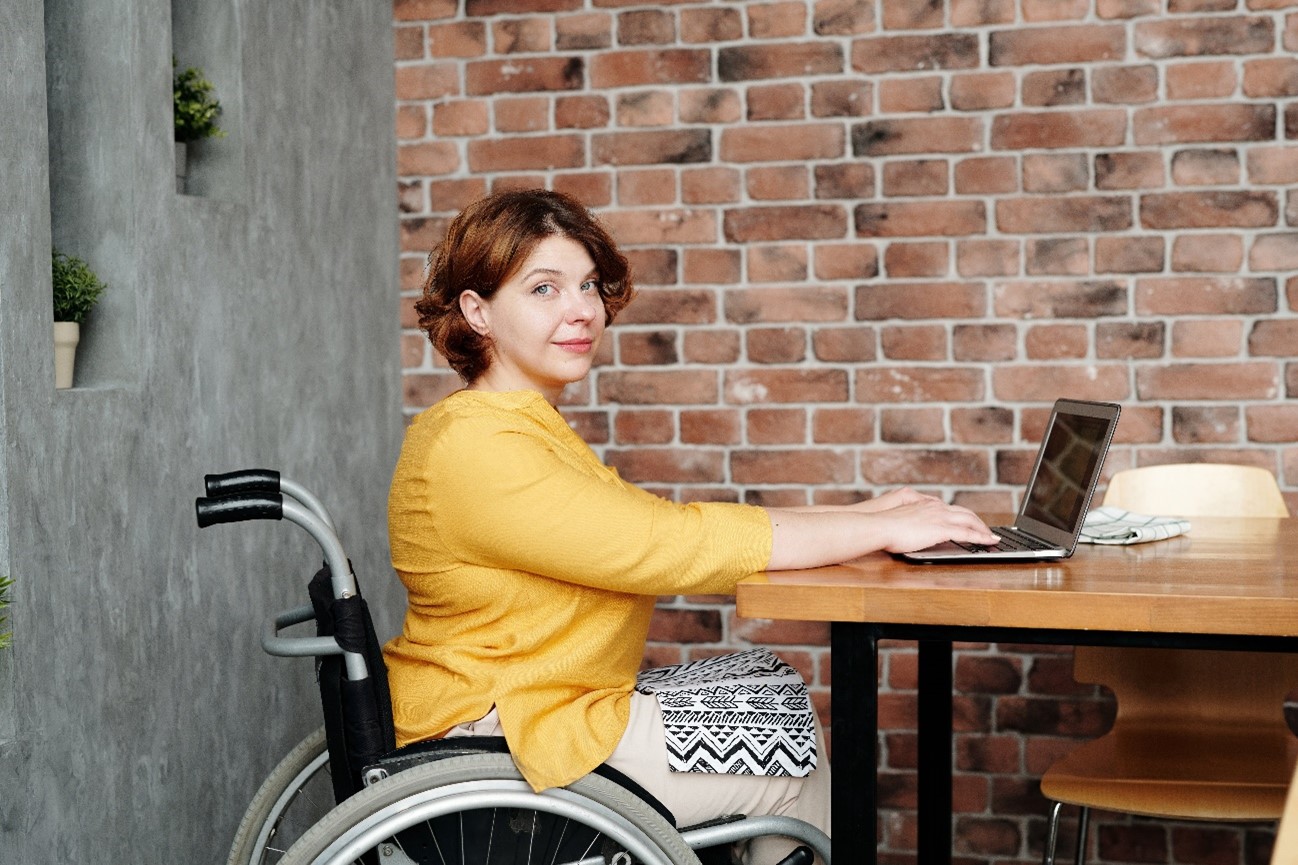
Diversity and Social Inclusion
Neoenergia values and promotes the inclusion of people with different profiles, ideas, and cultures.
Diversity and Social Inclusion: concepts, practices, and benefits
Society is comprised of people of many ethnicities, genders, sexual orientations, ages, religions, nationalities, and physical and mental conditions. Building a future with more diversity and inclusion depends on recognizing and valuing these characteristics.
However, it is necessary to go beyond welcoming and adopt an active stance in promoting equity, ensuring that every individual has an equal voice and opportunities, regardless of their traits.
What is the difference between diversity and inclusion?
Even when related, the words diversity and inclusion have their own concepts. While diversity focuses on representation, inclusion is concerned with the harmonious interaction and integration of all.
Regulation
The right to equal opportunities and freedom of opinion, expression, and religion are guaranteed by the Federal Constitution and the UN Universal Declaration of Human Rights.
In Brazil, the Brazilian Law on the Inclusion of Persons with Disabilities (Law 13146/15) was also implemented, which aims to “ensure and promote, under conditions of equality, the exercise of fundamental rights and freedoms by people with disabilities, with a view to their social inclusion and citizenship”.
The law requires companies with more than 100 employees to have 2% to 5% of people with disabilities (PCD) in their teams. As for the public service, the law establishes that up to 20% of public tender places are reserved for people with disabilities.
As a result, the hiring of these professionals broke a record in 2018, with more than 46.9 thousand PCDs in the labor market - an increase of 20.6% compared to 2017. The numbers are the highest since 2003, when they began to be recorded.
Importance and benefits of inclusion in the labor market
In the labor market, diversity and inclusion encourage the formation of teams with varied characteristics and talents. They are also responsible for increasing employee performance, helping them to live together in society, bringing more cultural baggage, and providing empathy.
A survey conducted by the International Labor Organization (ILO) identified that 90% of the companies participating in the study show some level of concern with issues related to diversity and corporate inclusion. Despite this, 40% of them still do not implement programs related to the topic in their organizational culture.
In other words, it's not enough just to look at diversity and recognize these profiles. The disabled worker should not be seen only as part of a “charity” project or part of a quota, but rather as a real member of the company.
Thus, organizations need to prepare to receive these people, develop initiatives, conduct training, provide feedback channels, and constantly reevaluate business policies.
How to promote diversity and inclusion in companies?
Social inclusion in the labor market can take place with simple but daily work actions, in addition to compliance with laws. Check out some examples that contribute to equity.

• Analyze the accessibility of the company: structure, elevators, ramps, bathrooms and mobility in the rooms, for example;
• Invite speakers who can talk to collaborators about social inclusion properly;
• Review the company's employee hiring process and its communication tools;
• Place social inclusion as part of the company's values. It can even be a social indicator, which must be analyzed continuously;
• Prepare managers so that they know how to make the work environment more inclusive.
Diversity and Inclusion at Neoenergia
Neoenergia believes that in order to generate a positive impact on society, it is essential to bring together people with different profiles, ideas and cultures, especially in the work environment. For this reason, diversity and inclusion are valued within the company and of all Iberdrola Group companies, which are committed to generating more creative, dynamic and innovative teams.
Among the main fronts of action for diversity and inclusion, Neoenergia's premise is to expand the participation of women in the social and professional context, reinforcing their commitment to gender equity.
Junt+s Program
Focused on promoting diversity and inclusion within Neoenergia, JUNT+s is focused on fostering a work environment that respects differences, empowers, and combats prejudice.
Igualdade salarial
A Lei da Igualdade Salarial 14.611/23 busca assegurar que homens e mulheres recebam remunerações iguais por trabalho igual ou equivalente, reforçando a proibição de qualquer forma de discriminação salarial baseada no gênero. A análise dos dados é realizada por meio da Classificação Brasileira de Ocupações (CBO), que embora seja abrangente, pode não refletir necessariamente as particularidades das estruturas da Neoenergia.
A companhia está comprometida e empenhada em garantir a igualdade salarial e a equidade dentro de todas as áreas de atuação da empresa.
Confira abaixo o Relatório de Transparência Salarial geral e por empresa:

